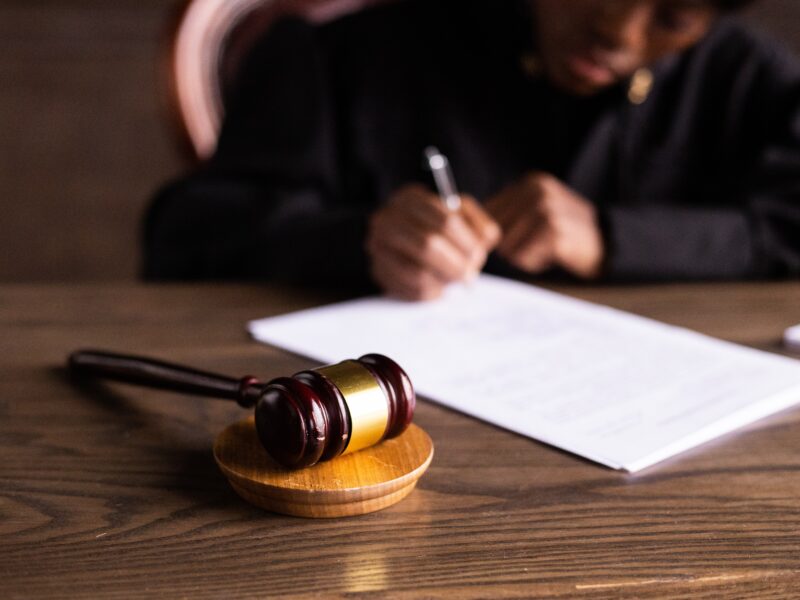In India, collective rights play a vital role in ensuring the protection and empowerment of various groups within society. These rights are essential for safeguarding the cultural, social, and political identities of different communities. In this article, we will explore the concept of collective rights, discuss different types of collective rights, and provide examples of how these rights are applied in India.
Introduction
Collective rights refer to the rights that are granted to groups of individuals, rather than to individuals themselves. These rights recognize the significance of maintaining and promoting the interests, traditions, and identities of communities within a society. Collective rights are crucial for fostering diversity, inclusivity, and social cohesion.
Definition of Collective Rights
Collective rights encompass a wide range of entitlements that aim to protect the cultural, social, and political interests of specific groups. These rights acknowledge the unique needs and aspirations of communities and ensure their participation and representation in decision-making processes. By securing collective rights, societies acknowledge the value of diverse perspectives and provide a platform for marginalized groups to voice their concerns.
Types of Collective Rights
Cultural Rights
Cultural rights focus on preserving and promoting the cultural heritage, language, and traditions of different communities. These rights recognize the importance of cultural diversity and ensure that minority groups have the freedom to practice and express their cultural identities without discrimination.
Social Rights
Social rights pertain to the well-being and social welfare of communities. These rights include access to healthcare, education, housing, and social security. Social rights ensure that every individual within a community has equal opportunities and adequate support to lead a dignified life.
Political Rights
Political rights encompass the right to political participation and representation. These rights empower communities to have a say in the decision-making processes that affect their lives. Political rights enable marginalized groups to elect representatives who understand their needs and advocate for their interests.
Examples of Collective Rights
Right to Cultural Identity
The right to cultural identity grants communities the freedom to preserve and express their cultural heritage. In India, various tribes, such as the Santhals, have the right to maintain their distinct language, customs, and traditions. The recognition of their cultural rights allows them to safeguard their rich cultural heritage for future generations.
Right to Education
The right to education ensures that every individual, regardless of their social or economic background, has access to quality education. In India, initiatives like the Right to Education Act aim to provide free and compulsory education to children between the ages of 6 and 14. This collective right promotes equal opportunities and empowers marginalized communities.
Right to Political Participation
The right to political participation guarantees the inclusion of diverse voices in the democratic processes of the country. In India, reservations in legislative bodies for scheduled castes, scheduled tribes, and other backward classes exemplify this collective right. These reservations ensure adequate representation and empower marginalized communities to participate actively in shaping policies and laws.
Legal Framework for Collective Rights
The legal framework for collective rights in India is primarily based on the Constitution of India, which guarantees fundamental rights to all citizens. The Constitution recognizes the significance of collective rights and establishes provisions to protect the interests of various communities. Additionally, India is a signatory to international treaties such as the Universal Declaration of Human Rights and the International Covenant on Civil and Political Rights, which further support and reinforce collective rights.
Challenges and Controversies
Despite the legal provisions and efforts to safeguard collective rights, challenges and controversies persist. Implementation gaps, social prejudices, and conflicts of interest often hinder the effective realization of these rights. Striking a balance between the collective rights of communities and individual rights can sometimes lead to complex debates and controversies.
Conclusion
Collective rights form the bedrock of a diverse and inclusive society. By recognizing and protecting the rights of different communities, India strives to build a harmonious and equitable nation. However, the journey towards realizing collective rights is an ongoing process that requires continual efforts, awareness, and collaboration.
FAQs
- Q: Are collective rights the same as individual rights? A: No, collective rights are granted to groups or communities, while individual rights focus on the rights of individual persons.
- Q: Can collective rights be restricted? A: In certain circumstances, collective rights may be limited to ensure the balance of rights and protection of the broader society.
- Q: Do collective rights apply only to minority communities? A: No, collective rights can be applicable to any community, regardless of its size or majority status.
- Q: What is the role of international treaties in protecting collective rights? A: International treaties provide a framework for upholding and promoting collective rights on a global scale, encouraging governments to adhere to certain standards.
- Q: How can individuals contribute to the realization of collective rights? A: Individuals can raise awareness, support organizations working towards collective rights, and actively participate in democratic processes to ensure inclusive representation.

